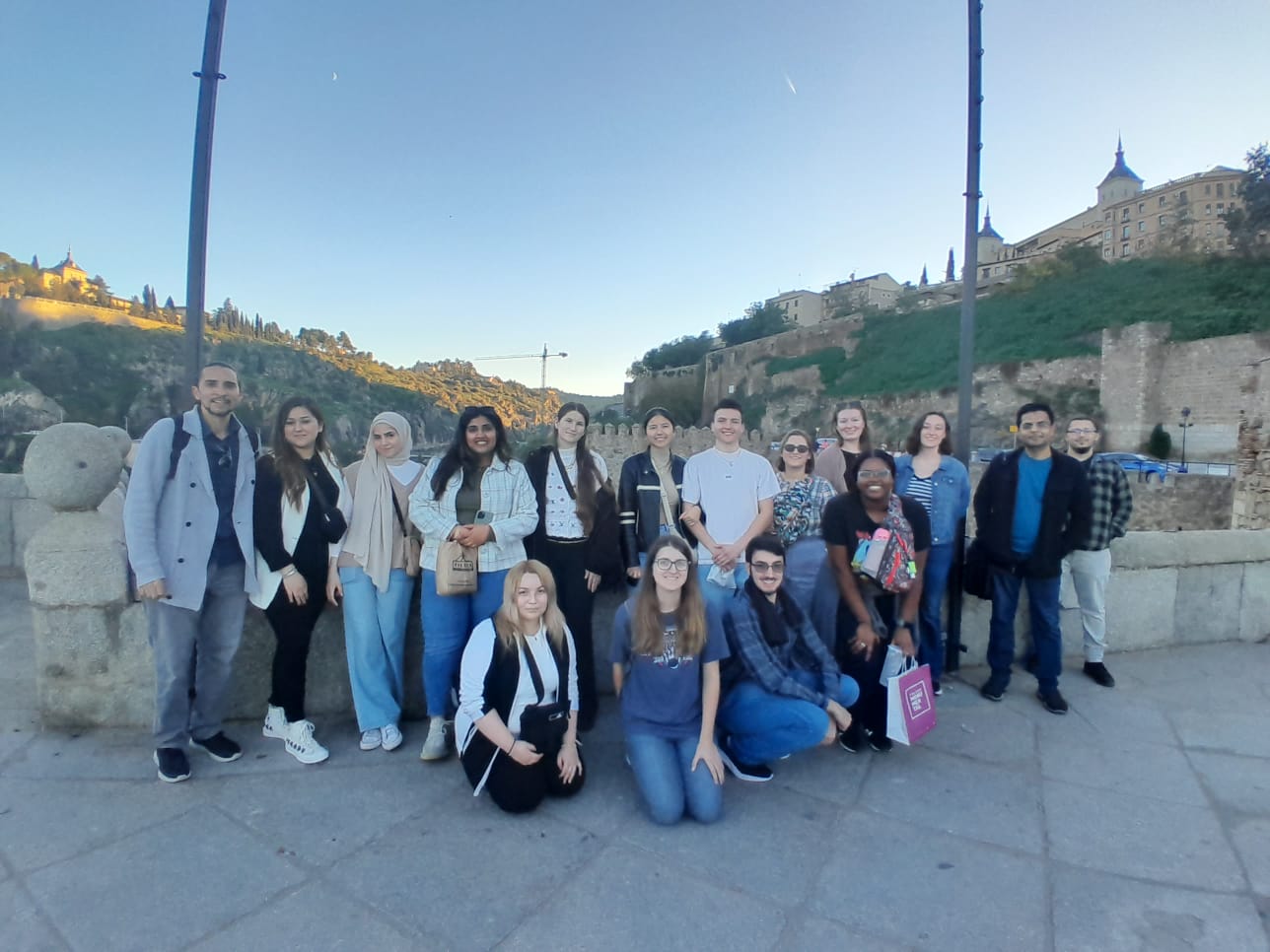Related Resources
Explore Cultures Around the World
 The minor or integrative studies concentration in global cultures is designed to help you understand global dynamics and cultures in different world regions, preparing you for a world that’s increasingly diverse, international and interdependent. The program will be especially useful if you plan to study or work abroad, expect to work with populations from different parts of the world, or simply want to expand your horizons and deepen your understanding of global change.
The minor or integrative studies concentration in global cultures is designed to help you understand global dynamics and cultures in different world regions, preparing you for a world that’s increasingly diverse, international and interdependent. The program will be especially useful if you plan to study or work abroad, expect to work with populations from different parts of the world, or simply want to expand your horizons and deepen your understanding of global change.
The 16-credit program starts with a required introductory course. You then choose two or more upper-level courses from at least two core areas:
- Global Mediated Cultures
- Gender and Multicultural Issues
- Migration and Diasporas
- American Studies in the Global Age
